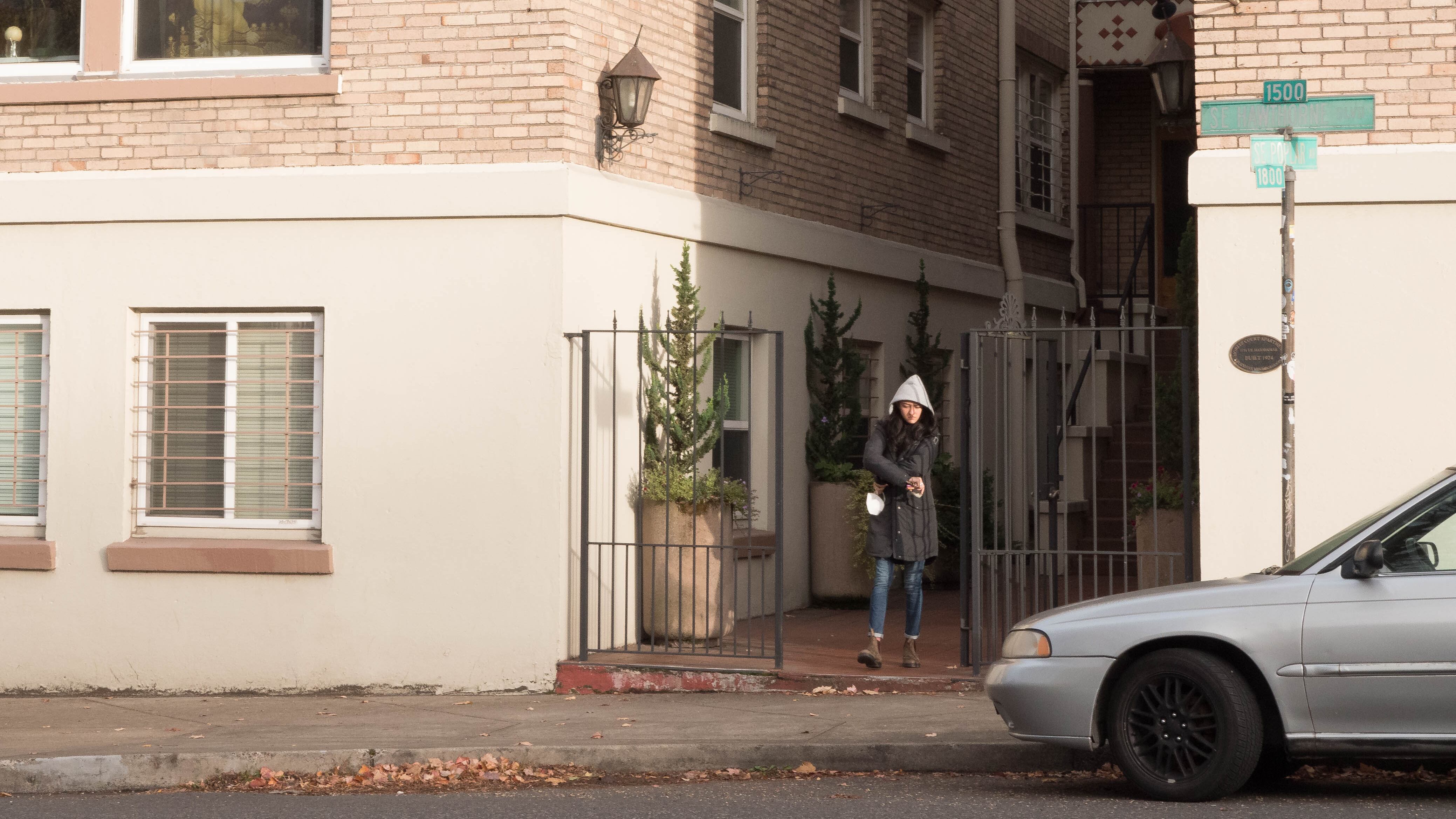If the state doesn't provide Oregon renters assistance beyond the eviction moratorium expiring this summer, a new report warns, the expiration will cause a mass wave of evictions that could cost the state between $1 billion and $3.3 billion to cover the displacement of tens of thousands of Oregonians.
The eviction moratorium protects tenants from being evicted without cause for nonpayment. But some 89,000 Oregon renters owe upwards of $378 million in back rent, and this number is likely to increase as the moratorium expiration date of June 20 approaches, according to a Portland State University report released Feb. 9.
Marisa Zapata, director of the Homelessness Research & Action Collaborative at PSU, co-authored the report and says the angle researchers took, which calculates the cost of the mass evictions, was deliberate: It's more likely to catch the attention of local officials and prompt them to take action.
"[Public] testimony is not enough to convince people. It takes something like a cost estimate to say: You are going to spend less money if you put in protections than if you don't. It will be a very swaying argument to people," Zapata says. "It's very depressing to me, but that's also why we're here—because we can do that.
"If there's no intervention between now and June, and thousands of Oregonians are displaced as a result, it means many families with children will be forced onto the streets, overflowing into shelters, doubling up in homes, or sleeping on the streets or in cars—all which increase the risk of COVID-19 spreading.
"Suddenly, you've got people quadrupling the amount of exposure. The spread of COVID risk becomes incredibly scary."
People of color are currently disproportionately represented among those who owe back rent: 35% of renters were behind on rent, according to the report, but that figure increases to 56% for people of color.
The most recent extension of the eviction moratorium only gives renters one month to pay more than 12 months of overdue rent, which is unrealistic, and Zapata says even six months is not enough.
"It's going to take months for many families to earn one month of back rent. The only rational thing to do is wipe the board clean. Everyone needs to move on," she says.
The report suggests ways the state can support these renters: relief from no-cause evictions, mediation instead of eviction, and reasonable repayment periods for arrears to avoid mass evictions in Oregon.
"The shortest answer is, determine how you leave people in their housing. Zero displacement and zero eviction, people stay where they are living—how they want to do that, whether it's rent forgiveness or how you stabilize property owners or developers is up to them to figure out," Zapata says. "The goal needs to be keeping people in their homes."

